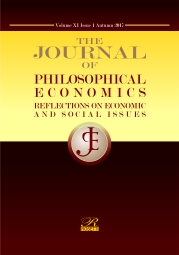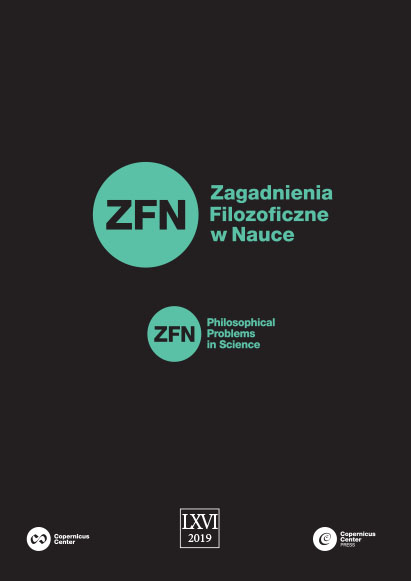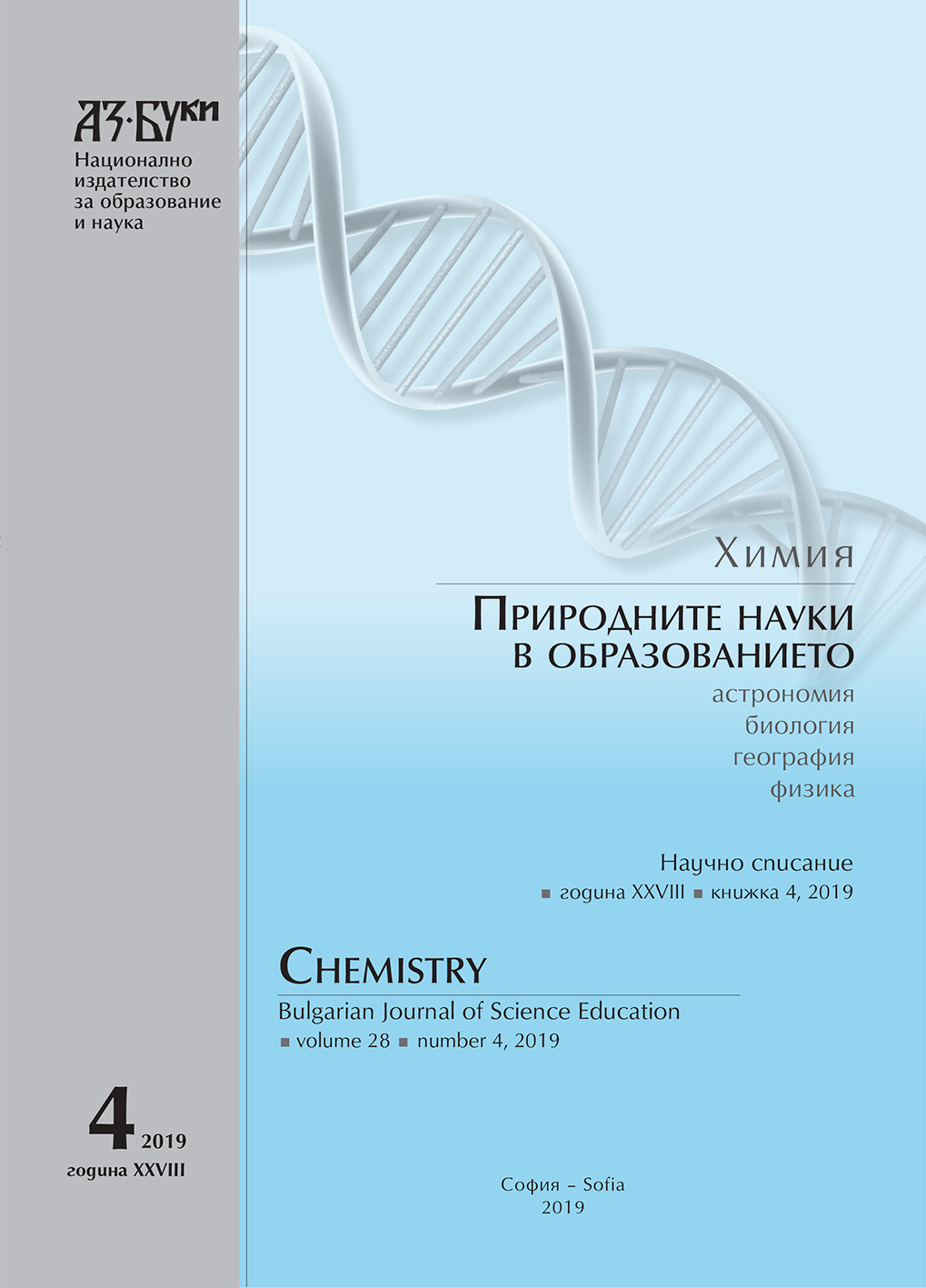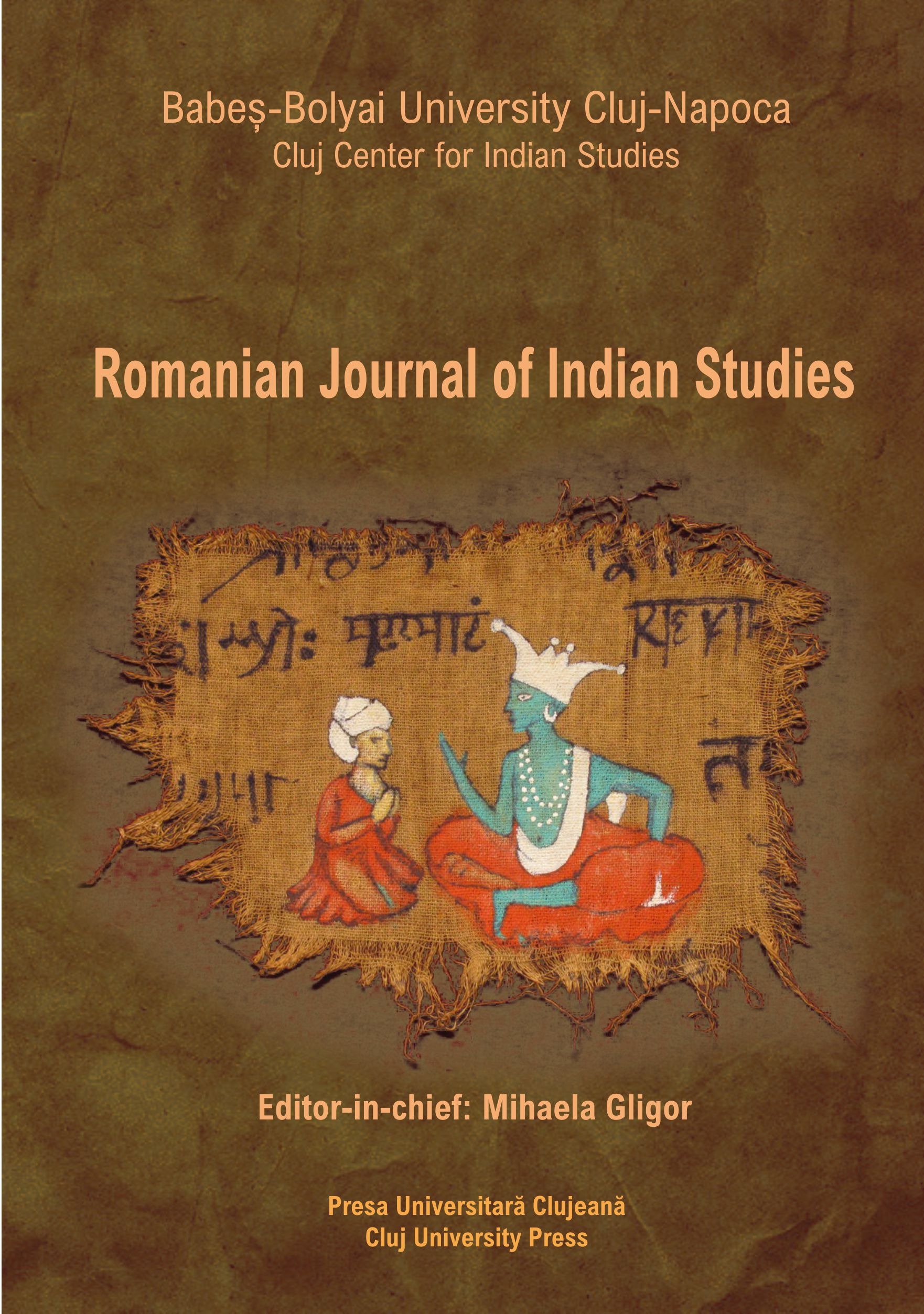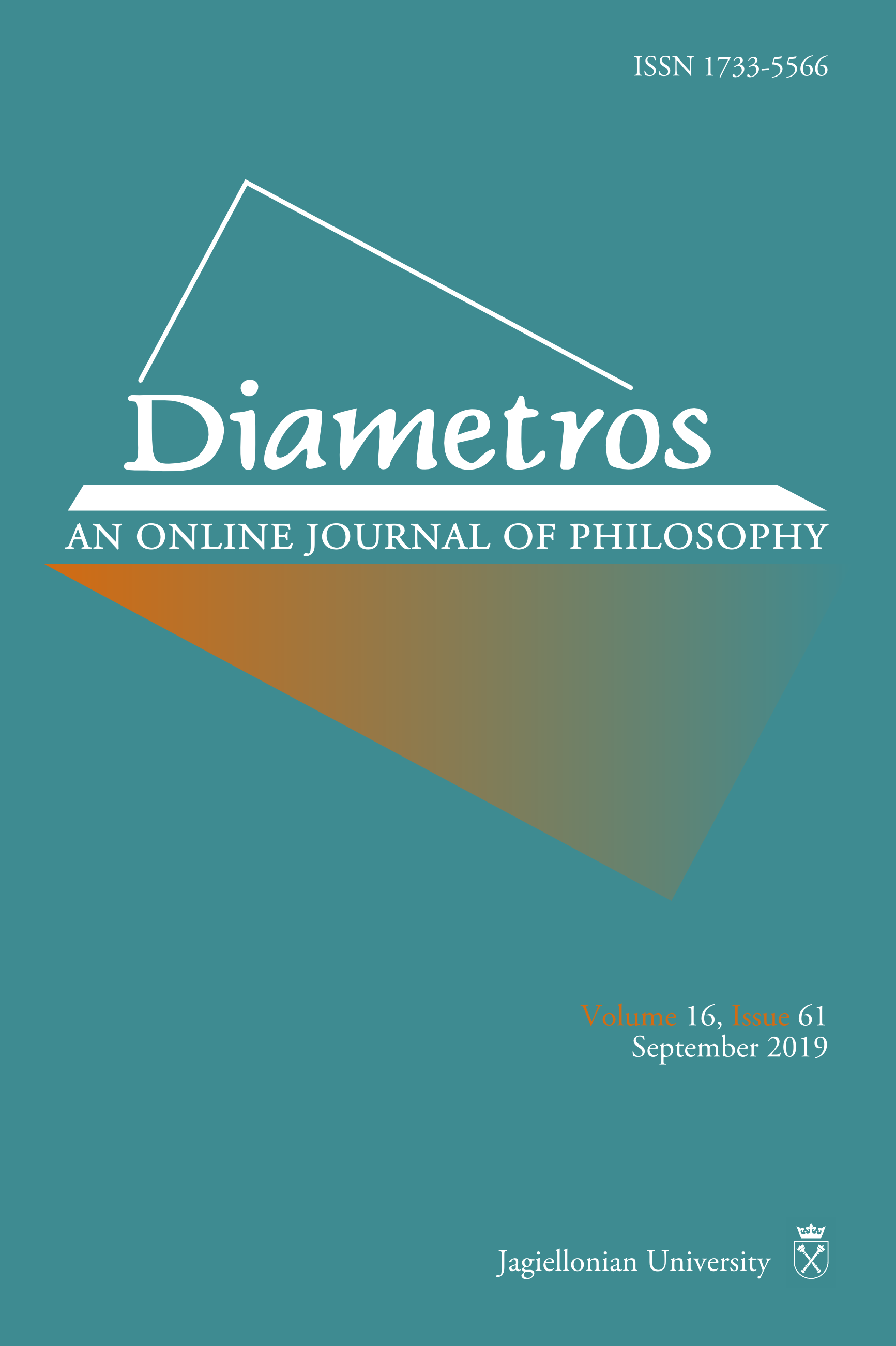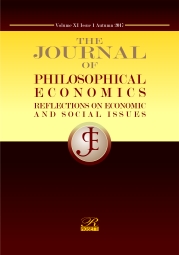Author(s): Dezső Szenkovics / Language(s): English
Issue: 1/2019
Nevertheless, he never considered himself a philosopher, inmy vision Mohandas Karamchand Gandhi – as regards his oeuvre – canbe considered one of the most important Indian thinkers of the 20thcentury. Being a symbol of non-violent resistance and an iconic figure of India’s independence struggle, we tend to look on him as a hero of the anticolonial struggle, as father of the modern India, forgetting that all these appellations are deeply rooted in his special way of thinking and acting, which could be characterized through words like simplicity,truth (satya), non-violence (ahimsa), love etc.In my paper, I will try to synthetize the philosophical thought of Gandhi, so that from the three core concepts of the Gandhian philosophy (satya, ahimsa and satyagraha) at this time the accent to be put on the truth (satya), which constitute in fact the corner stone of the Gandhian philosophy. Analyzing these concepts is very important because of two reasons: first of all because these concepts either are rooted in the Indian religious traditions (Jainism, Hinduism or Buddhism), and semantically redesigned by Gandhi, or concepts created by himself, but being based on categories provided by India’s philosophical-religious traditions. On the other hand, the concept of truth – by the other two core concepts – had a very important role both in awakening nationalist sentiment and shaping the Indian nation in the early decades of the twentieth century, and in the anti-colonial fight characterized by nonviolent resistance.Therefore, it will be analysed in brief the etymology of satya (truth),highlighting the changes made by Gandhi in the semantic content of the concept. It is worth noting that in the Gandhian thought and discourse the old notions taken from the Hindu religious tradition acquires new semantic layers that make possible their interpretation in a new, sociopolitical context and not a religious one.
More...
